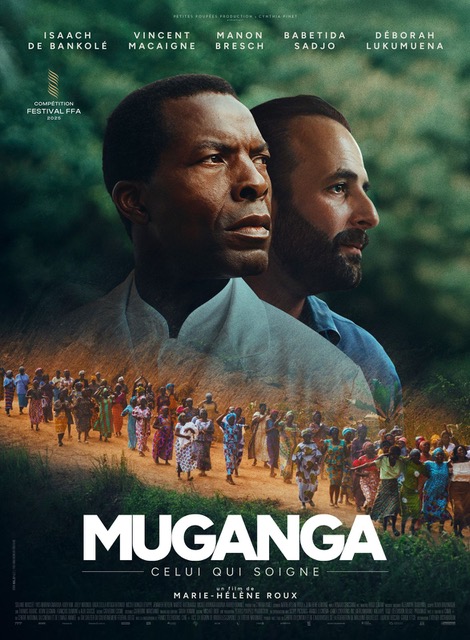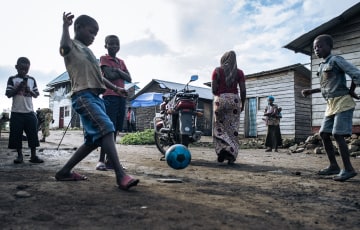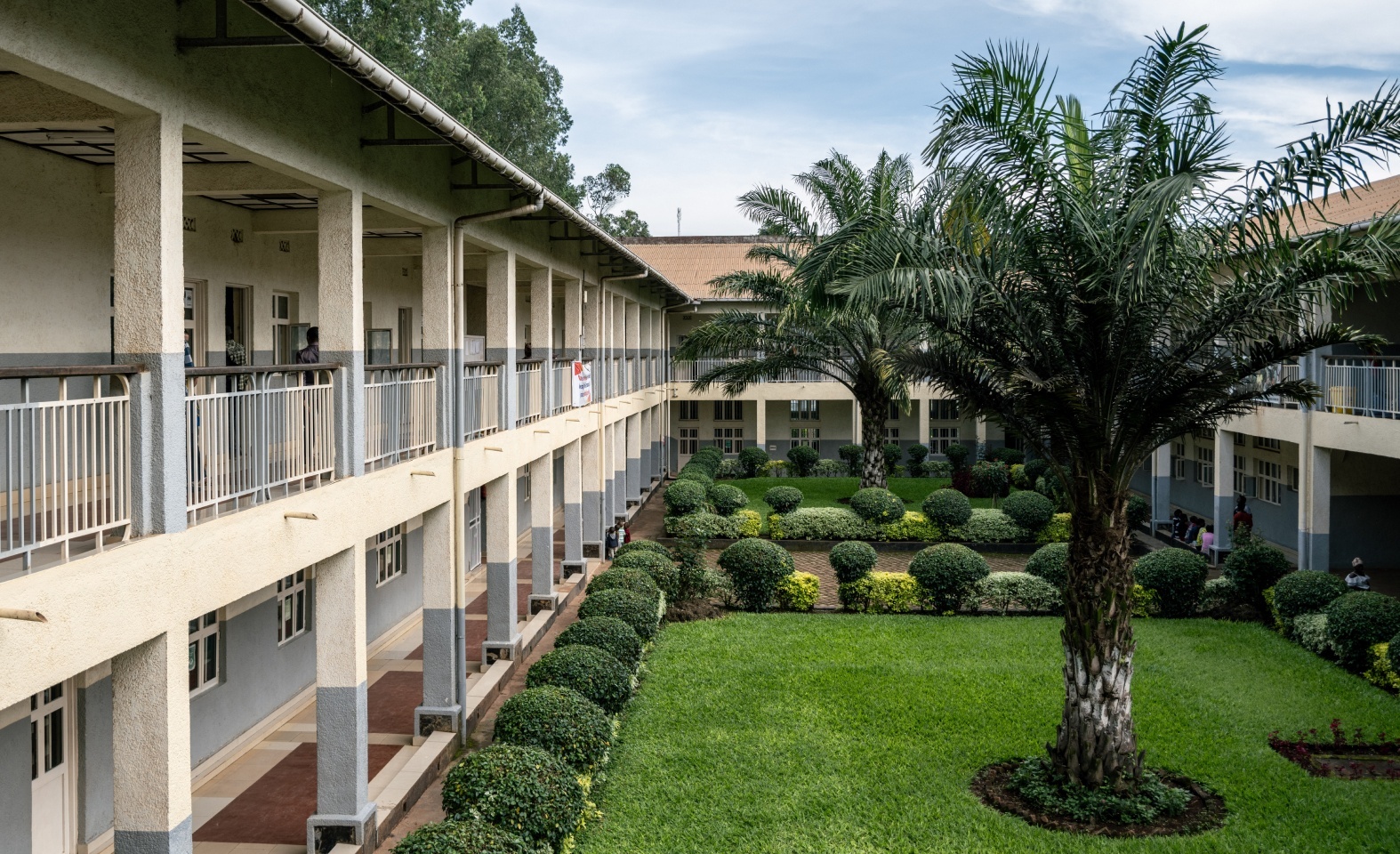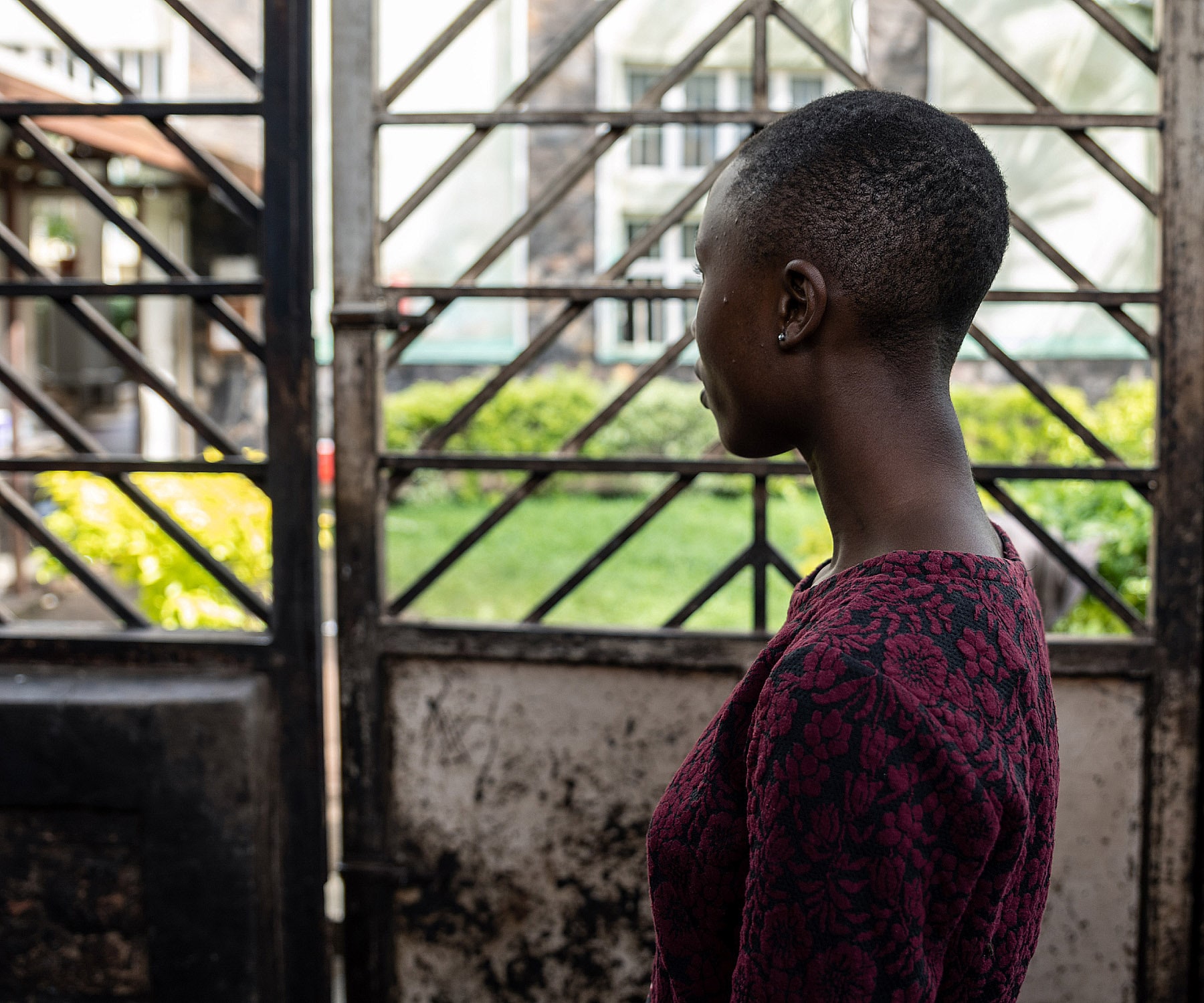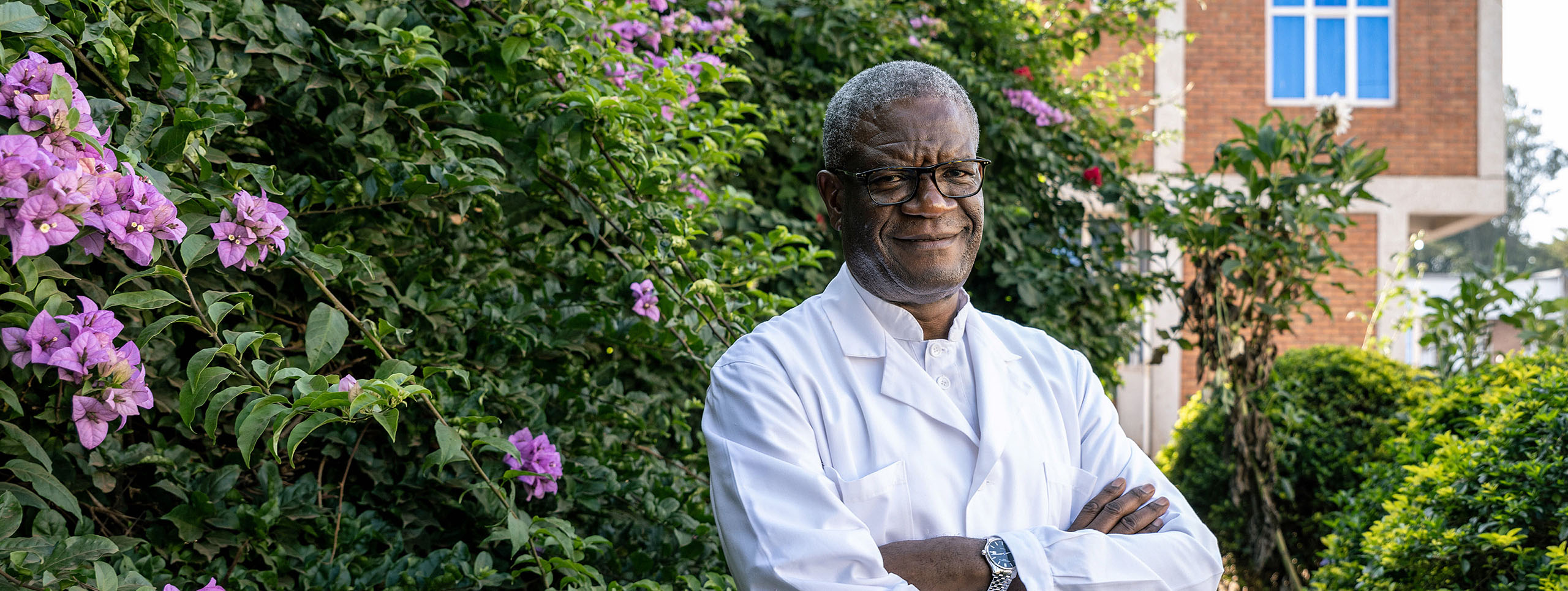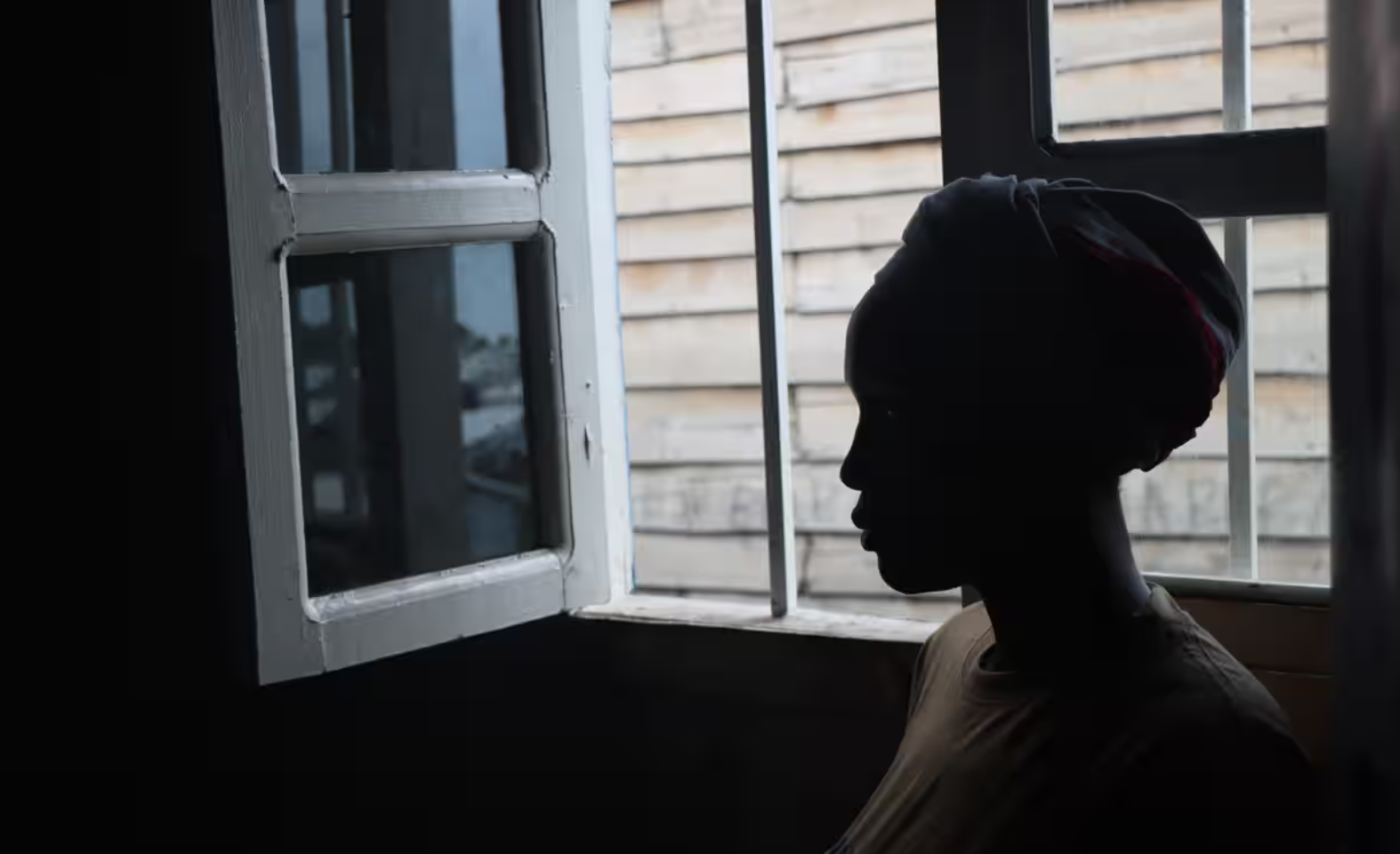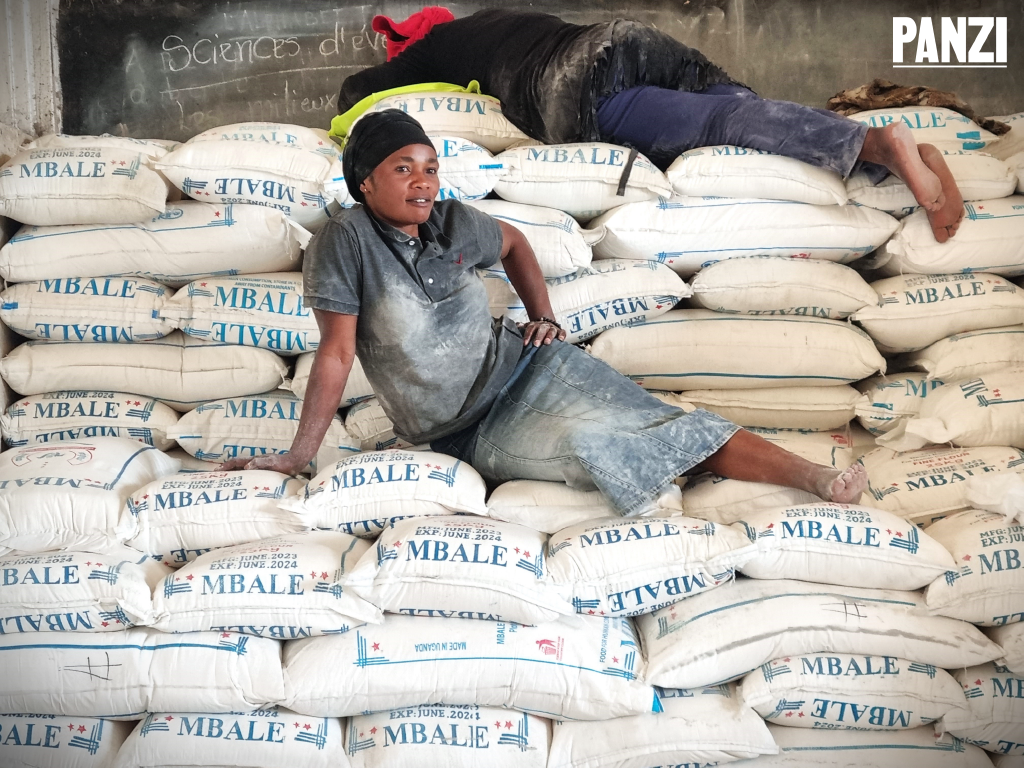
On Thursday July 20, Panzi Foundation deployed a team to the Don Bosco camps in Goma, bringing food to 3,915 displaced families and hygiene and dignity kits to 2,884 women.
This intervention is particularly aimed at women and girls who are at higher risk of sexual and gender-based violence when displaced by conflict. The project also aims to improve their sexual and reproductive health conditions by protecting them against urogenital diseases that could result from a lack of access to menstrual hygiene products.
Since March 2022, refugee camps have sprung up in and around the city of Goma, the capital of North Kivu province, following the violent conflicts between the Congolese army and the March 23 Movement (M23) rebellion. M23 is an armed group responsible for numerous war crimes and acts of terrorism in the northeast of the Democratic Republic of Congo for years.
Officially disbanded in 2013, M23 resurfaced in North Kivu in 2021. They have been particularly active at the Bunagana border triangle that separates Congo from Rwanda and Uganda. Since 2022, the international community has recognized that M23 benefits from the support of the Rwandan authorities[1], which has further complicated geopolitics in the region and relief efforts.
The renewed vigor and violence of this terrorist movement, punctuated by the takeover of major towns in the territories of Rutshuru, Nyiragongo, and Masisi, right up to the gates of the city of Goma, has prompted thousands of families to desert their villages and concentrate in camps maintained by the United Nations High Commissioner for Refugees on the outskirts of Goma.
Surviving this humanitarian crisis as best they can in the precarious conditions of the camps, the displaced families find themselves in a situation of extreme vulnerability and face numerous abuses. United Nations reports point to an upsurge in serious human rights violations in these refugee camps, with over 38,000 cases of sexual violence reported. Many organizations are constantly appealing for help for the displaced people confined to the refugee camps in North Kivu, who are deprived of basic necessities.
Panzi Foundation is committed to supporting these families and recognizes that no amount of emergency aid will erase the horror of war and the trauma experienced by these communities. Only transitional justice and lasting peace will enable new generations to enjoy a life free of violence.
On April 28, Dr. Denis Mukwege announced the launch of an emergency humanitarian project to help displaced families in the Goma refugee camps, and that Panzi Foundation would pay for 771 displaced pupils to attend school and sit for their state exams.
The intervention was officially launched on July 20, and provided each displaced family in the “Don Bosco” camp with a food kit, which include 25kg of rice, 5 liters of vegetable oil, 12.5kg of beans, 25kg of maize flour, and 5 packets of cooking salt. In addition, the refugee women and girls received a hygiene kit consisting of a loincloth, sanitary towels, underwear, a pair of slippers, two empty water collection containers, two bars of laundry soap, a bucket, and a tube of toothpaste with a toothbrush.
This project is supported by Caritas Italy, with a contribution from AMADE.
[1] Report from the United Nation Group of Expert on the DRC
